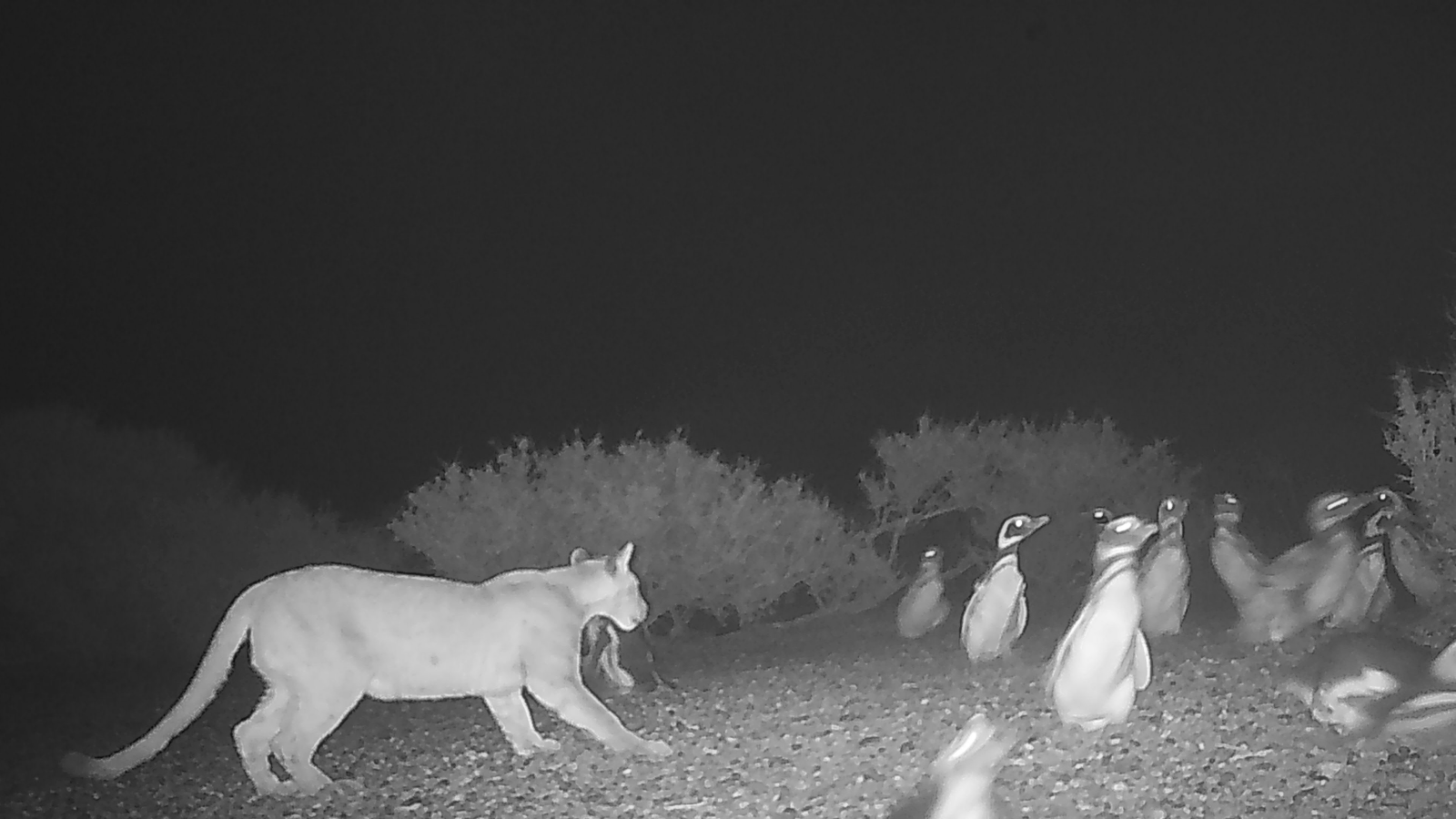Images: Mining for Signs of Early Life

Hunting phosphorous
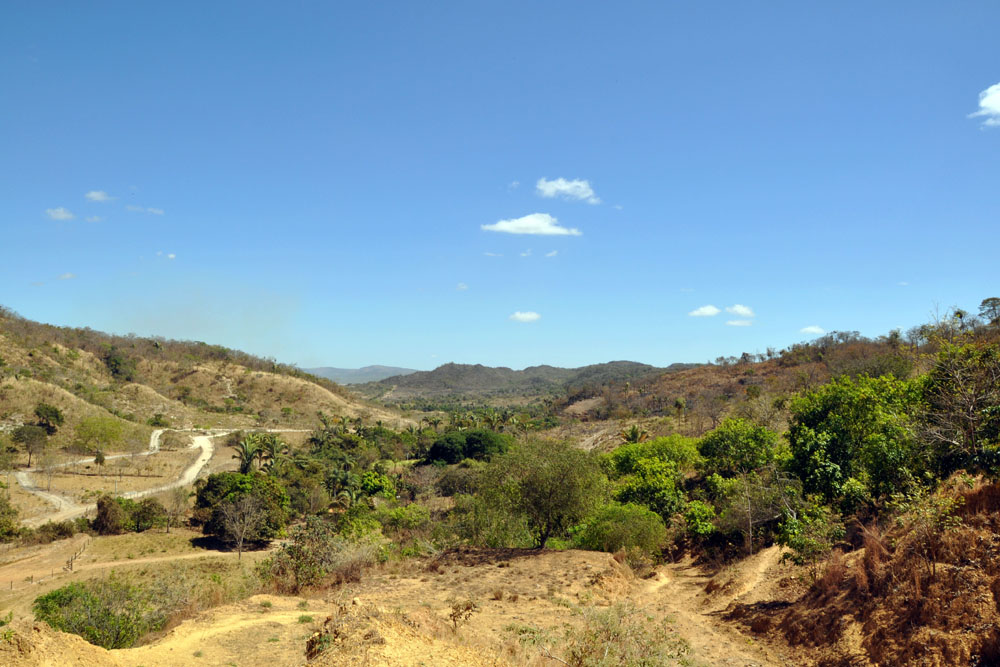
Researchers from Acadia University in Nova Scotia are working with a Brazilian fertilizer company to hunt for deposits of phosphorous in the Campos Belos region of Brazil. It is hoped that these deposits yield signs of early life on Earth.
Phosphorous deposits
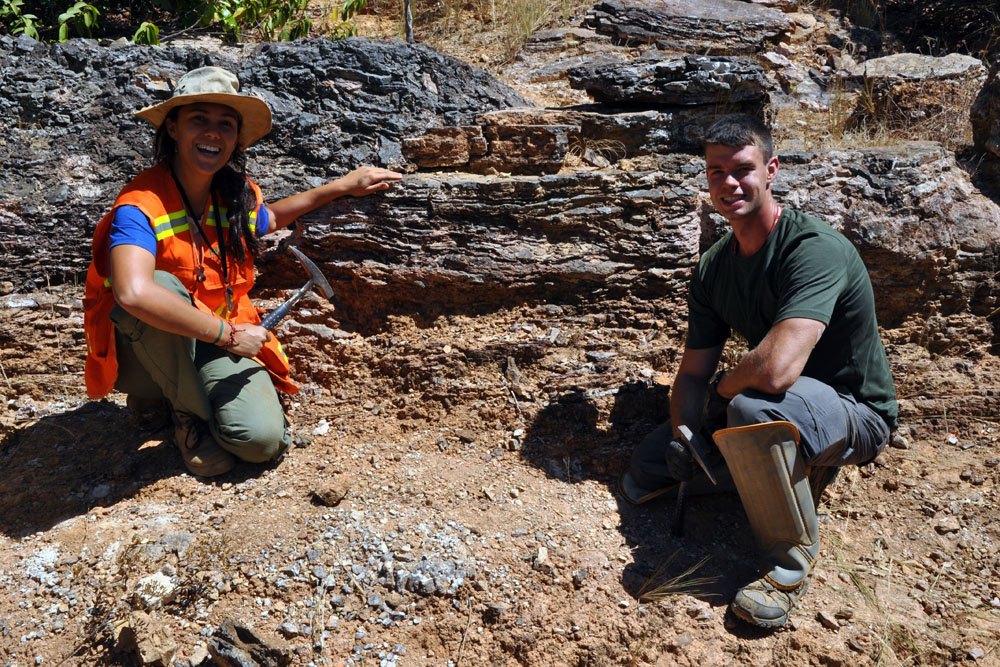
Justin Drummond and Mariana de Souza Carvalho, students of Pufahl and co-supervisor Claudio Porto, in the field looking at economic phosphorite.
Looking for clues of early life
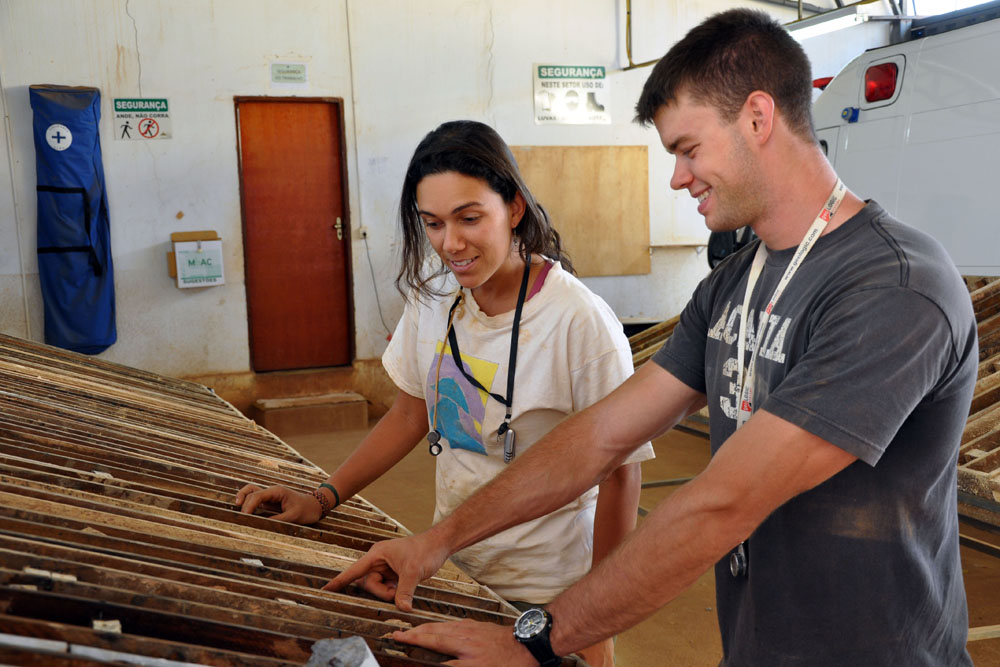
Drummond and de Souza Carvalho look at samples in the lab. The team hopes to find clues to the evolution of early plant life on Earth.
Once underwater
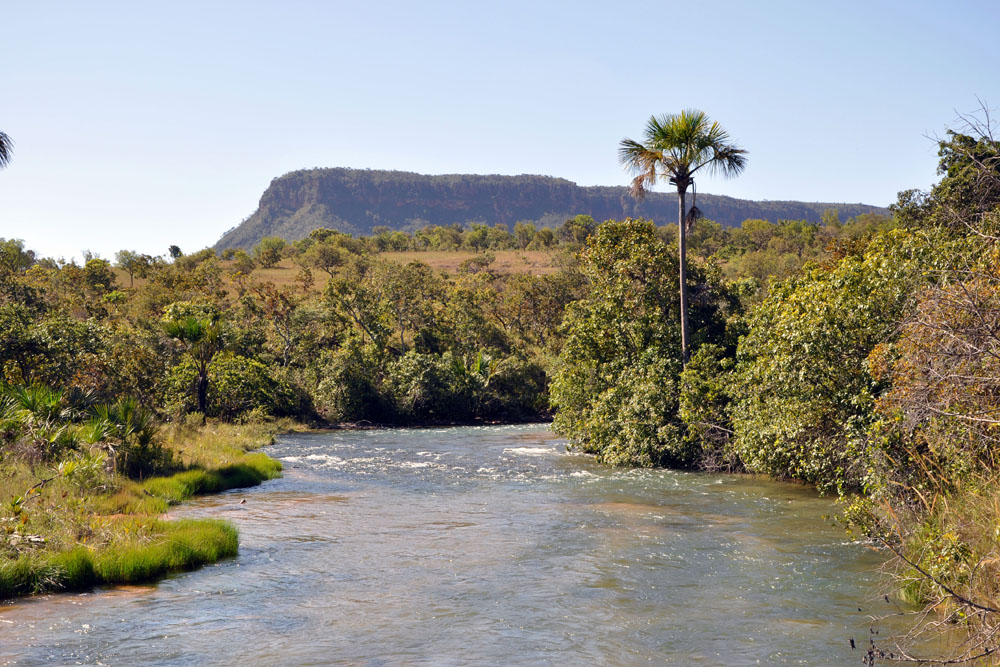
The Campos Belos region. The area used to be a sea bed, where ancient ocean plant life was deposited when it died and sank. The dead plants deposited phosphorous that was eventually exposed when the area was no longer covered by the ocean.
How life evolved
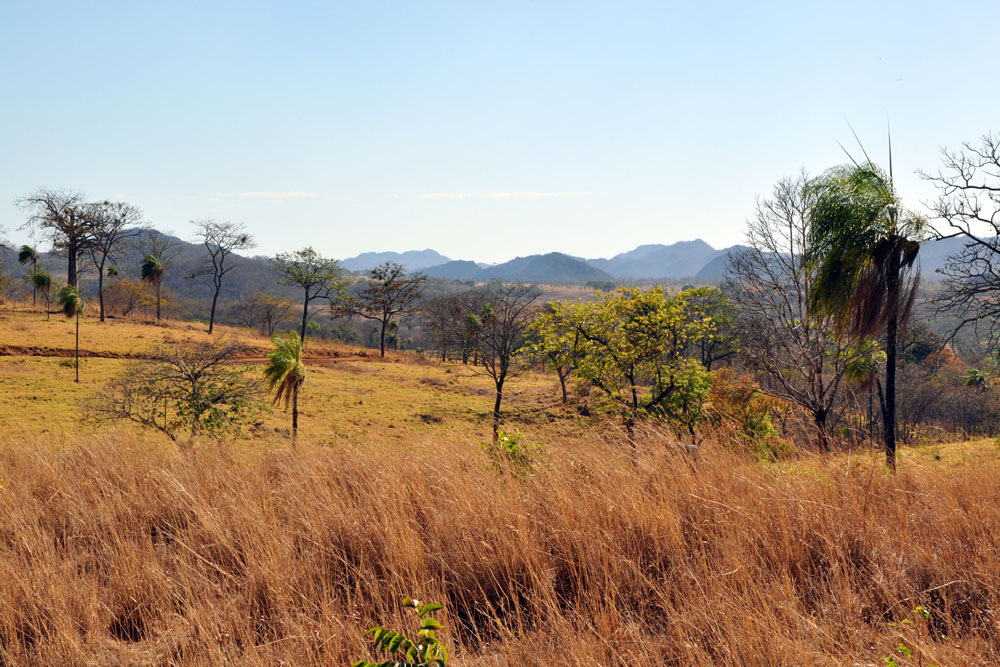
The Campos Belos region. The team hopes that by studying the ancient plant life, they'll learn what climate factors influenced its evolution and hopefully gleaned clues to how life evolved.
Get the world’s most fascinating discoveries delivered straight to your inbox.



